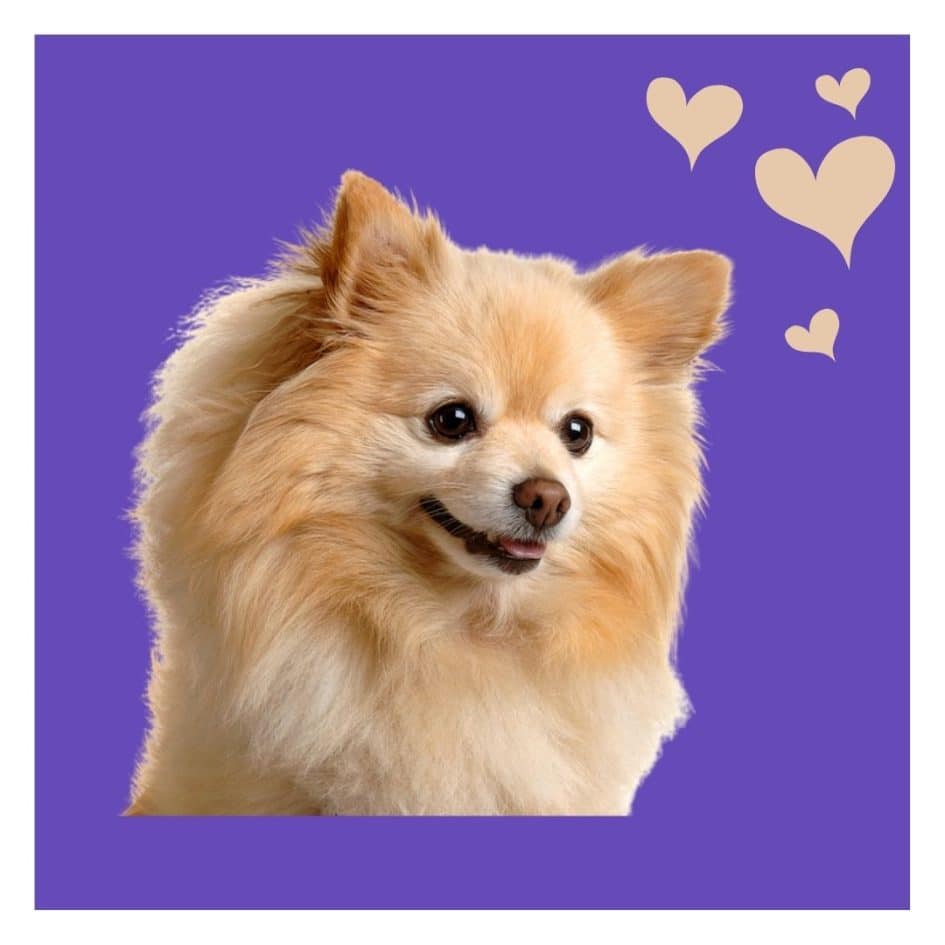

Are Pomeranians Easy to Train? A Complete Guide
Thinking of getting a Pomeranian dog but wondering, "are Pomeranians easy to train?" Well, we have the answer for you here.
You’re thinking about buying a Pomeranian. You see yourself holding him, walking him, and smiling at him. But you’re also aware that in order to get there, you will have to participate in Pomeranian training. Are Pomeranians easy to train? Well, if you do it right, they are!
Are Pomeranians Easy to Train?
Pomeranians are simple to teach and potty train if you don’t utilize complicated command language. Positive reinforcement works as an effective technique to train your Pomeranian. Condemnation or punishment will not help a Pomeranian learn and will simply make the process more difficult for both the pet and the owner.
Is It Simple to Toilet Train a Pomeranian?
Due to their tiny stature and bladder, Pomeranians can be difficult to toilet train. They are known for their independent personality that can make it more difficult to potty train them. If they are properly trained, they may be taught to use puppy pads, go outdoors, and even use the litter box. Training can become simpler with consistency, supervision, and plenty of patience.
Toilet training your Pomeranian may be more difficult than potty training a German shepherd, believe it or not (and most large dog breeds when you think about it). Why? Well, Pomeranians are known for their stubbornness. That’s a distinguishing feature of the entire breed. Furthermore, they are categorized as toy dog breeds, which are often thought to be more difficult to train. However, this doesn’t mean that you need to raise your voice, isolate them, or inflict punishment to train them.
Don’t be discouraged if it takes longer at the beginning. A Pomeranian puppy might be seen as the canine counterpart of a child.
It’s difficult, for sure, but you can’t expect the puppy to know exactly what they’re doing. You’re expected to be their ‘parent,’ ‘teacher,’ or ‘leader,’ among other things.
Here are some tips that might help:
1. Keep Your Puppy in One Room for The Time Being
Until the puppy is totally toilet trained, that is. You may utilize crate training to safeguard your home and your dog’s health.
2. Set Up a Place for Them to Go Potty
It’s crucial to consider where you’ll put your Pomeranian’s potty. Even if lavender-scented puppy pads are available, the puppy pad will most likely still smell like pee.
Put the Pomeranian’s toilet near the window or even in the corner of a room if you don’t want to smell it too much. You may purchase perfumed puppy pads for added convenience. The Pomeranian puppy will be able to perform his ‘work’ just wherever you want him to, using smell as a guide.
It’s entirely normal if you buy scented dog pads, and the Pom doesn’t always use them. He has to become acclimated to the environment because, after all, puppies urinate and defecate everywhere. That’s why it’s ideal if the Pomeranian puppy just has access to one area at first.
3. Reward Your Pooch for Returning to The Same Location
You’ll go a long way if you use positive reinforcement. Praise the Pomeranian as soon as you spot him using his allotted puppy pad.
You may use a term like ‘good boy’ and reward him with a goodie as soon as he completes his task. This will demonstrate to him that he is accomplishing something worthwhile. He will eventually learn that this specific activity gives him nice things if he repeats it and gets rewards.
4. Make Sure Your PomDoesn’t Go Somewhere Else to Relieve Himself
When the Pomeranian is going to pee or defecate, you’ll be able to tell. He could be ready to relieve himself if he begins walking in circles and smelling the floor or if he refuses to play and starts glancing about.
You must respond quickly and calmly. Whistling or clapping loudly will draw the attention of the puppy to you. Then indicate to the Pomeranian toilet area where it can pee and poo.
Don’t reprimand the Pomeranian puppy if he does anything you don’t want him to do. Simply tell him “NO” and transfer him away from where he is going. Praise him and reward him with a tiny treat when he performs what you want.
If the Pom doesn’t go pee where he should, don’t punish him. You might inadvertently educate him to equate going pee with negative feelings by screaming at him or employing physical punishment. As he gets older, these feelings may manifest as worry and dread.
4. Get Rid of the Mess as Soon as Possible
If the Pomeranian has pooped or peed somewhere that you didn’t want, clean it up right away. The scent of pee lures the Pom back to the same location to relieve himself.
5. Make Sure the Pom’sBladder Is Empty
This is a simple task. Take your Pom on a long walk to ensure that he pees often enough. To get the greatest results, don’t give the Pom goodies until he’s finished. They may quickly divert his attention away from the task at hand.
Try to keep track of how often the pup has peed. Puppies are expected to pee approximately three times during a stroll. After the Pomeranian puppy empties itself and walks away from the area where he urinated, reward him with a biscuit.
If you were wondering are Pomeranians easy to train, well, you have the answer now! They are as long as you are patient and use the reward system instead of punishment.
Discover how to create a joyful, healthy home for your pet.
Subscribe to your weekly rundown of practice, real life ideas and training tips straight to your inbox.


